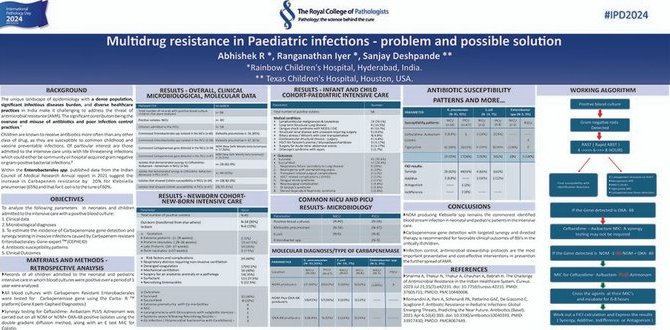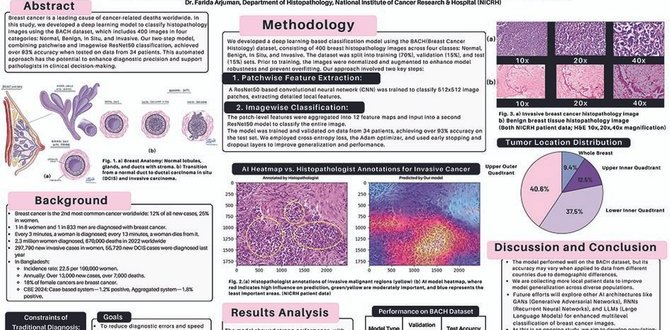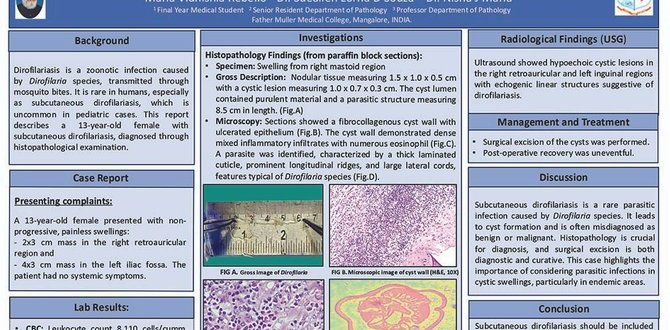On 6 November 2024, we hosted our annual International Pathology Day virtual conference, spotlighting the critical theme: 'The Rise of Global Antimicrobial Resistance.' In partnership with the British Society for Haematology (BSH), the event connected over 100 attendees from countries across 6 global regions where the College has a presence.
Dr Bernie Croal, our President, chaired the event for the first time, welcoming attendees by highlighting how International Pathology Day, celebrated for over a decade, honours the vital contributions of pathology and laboratory medicine to global health. The programme featured 8 expert speakers and 4 roundtable panellists, bringing together diverse voices from the UAE, America, Hong Kong, Nigeria, Canada and the UK to explore this pressing global healthcare challenge.
Our speakers
Key note speaker: Professor Dame Sally Davies in conversation with Dr Noha Elsakka OBE, Vice President for Communications
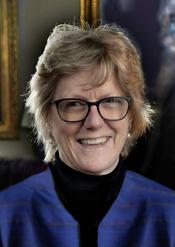
Professor Dame Sally Davies, UK’s Special Envoy on Antimicrobial Resistance
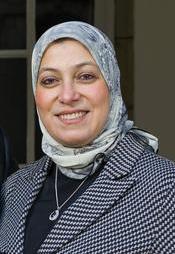
The discussion began with Dame Sally Davies revisiting her Diamond Jubilee lecture that she gave for the College in 2022. She shared insights into how the United Nations was brought on board with the issue of antimicrobial resistance (AMR).
She emphasised that the collaborative success on getting the United Nations onboard with AMR wasn’t hers alone but a product of teamwork across the British Government, particularly the Department of Health and Social Care, the Foreign Office from the diplomatic perspective and the Science and Innovation (SIN) Network.
Dame Saly highlighted a pivotal moment when diplomatic efforts, supported by the Netherlands, Germany, and Sweden, led to a 2016 high-level meeting at the UN General Assembly – a significant milestone driven by the dedication of UK diplomats.
What they found at this first meeting was no big surprise, people weren’t weren’t aware of the importance of addressing AMR. However, On September 26 2024 at the second high level meeting on AMR, there was a big change! All countries involved were aware of the problem.
They were aware of the need to write national action plans, but those need funding, and thanks to work from Health Metrics and Evaluation there was some good burden of disease data. This high-level meeting was a big success for multilateralism.
Other parts of the discussion covered the collaborative efforts needed between the private and public sectors to address AMR. The critical roles of animals and the environment in combating the issue were also highlighted. As Chief Medical Officer, Dame Sally famously played a pivotal role in uniting vets and doctors – a massive stride forward in addressing this issue.
Additionally, how the public can be better engaged with AMR came up. A musical on AMR that was brought to New York and Chipotle both interestingly and surprisingly featured in the answer.
Dame Sally delivered a powerful call to action for pathologists, emphasising their pivotal role in tackling AMR. She encouraged pathologists to not only excel in their work but to step beyond the laboratory – educating hospital staff, engaging with the community, and advocating for AMR awareness and action.
She highlighted the importance of One Health collaboration, urging professionals to address AMR on a broader scale by supporting countries with fewer resources and working alongside global partners to enhance diagnosis, surveillance, and data collection.
The closing message was clear and decisive: solving AMR requires personal responsibility, collective effort, and a global perspective. Dame Sally closed with heartfelt praise for the pathology and the healthcare community, reminding everyone that together, we can make a difference!
Professor Angharad Davies
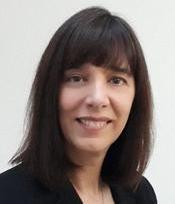
Professor Angharad Davies RCPath Clinical Director of Publishing and Engagement
The evolution of antimicrobial resistance
This presentation set the scene for the discussions that would follow, by asking when and how AMR first arose, looking at the mechanisms by which AMR evolves in bacterial pathogens. It went on to give a brief snapshot of where we are now globally, who is most impacted, and some predicted future trends.
Professor Clare Chandler
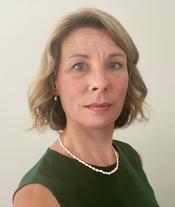
Professor Clare Chandler Medical Anthropologist at the London School of Hygiene and Tropical Medicine
The social burden of antimicrobial resistance
This talk introduced the concept of the ‘social burden’ of AMR in 4 dimensions. First, the uneven distribution of AMR within human populations, which disproportionately affects the poorest and most vulnerable between and within countries. Second, the unequal burden of AMR experiences, which affect both patients and those who care for them for often extended periods, leading to potentially catastrophic opportunity costs, especially for those without economic and social safety nets. Third, the changes that AMR makes to society, through shifting human-microbial-antimicrobial relationships. And fourth, the socially uneven nature of those shouldering the burden of AMR intervention, often focused on the form of cleaning or policing antimicrobials. Including the powerfully heart wrenching story of Uncle P in Thailand and his battle with infection due to AMR.
Watch in full - The social burden of antimicrobial resistance
Dr Wael F Elamin
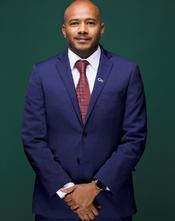
Wastewater surveillance, opportunities and challenges
Dr Wael F. Elamin started by exploring some of the history and value of wastewater surveillance, from Victor Hugo’s depiction of sewers as the “conscience of the city” to its modern applications in tracking public health threats. He highlighted how wastewater, traditionally seen as pollution, has provided critical insights - from the Broad Street cholera outbreak to COVID-19 and polio surveillance in London and New York. Dr Elamin emphasised the need for real-time, unbiased monitoring and underscored the role of wastewater microbiology in the One Health approach, linking human, animal, and environmental health for better outcomes.
Watch in full - Wastewater surveillance, opportunities and challenges
Dr Justin Loke

Dr Justin Loke CRUK/AACR Transatlantic Fellow, University of Birmingham, UK and Dana-Farber Cancer Institute, USA
Strategies to reduce infection complications in acute myeloid leukaemia
Infection continues to be a leading cause of illness and death for patients with acute myeloid leukaemia (AML), presenting unique challenges for those undergoing treatment. In an insightful talk, on behalf of the supportive care subgroup of the UK AML Research Network explored these challenges, shedding light on the innovative trials currently underway in the UK. These studies aim to address infective complications and improve outcomes for AML patients. Looking ahead, the discussion also focused on future strategies to further reduce the burden of infection in this vulnerable group, emphasising the importance of continued research and collaboration in supportive care.
Watch in full - Strategies to reduce infection complications in acute myeloid leukaemia
Roundtable discussion

Global perspectives on AMR
The roundtable discussion chaired by College President, Dr Bernie Croal, focussed on global perspectives on AMR, drawing inspiration from the 6-part webinar series that was hosted by the International Team last summer. The discussion delved into regional challenges and opportunities, drew out shared experiences and global experts, discussed the prevalence of AMR across different countries and identify key priorities for addressing this urgent issue.
Watch in full - the roundtable global perspectives on antimicrobial resistance (AMR)
Lunchtime activities

The College’s position statements on AMR
Dr Natasha Ratnaraja and Danny Scarsbrook led a lunchtime session discussing the College’s position statements on antimicrobial resistance (AMR). They talked about the crucial role of medical microbiologists and virologists in combating AMR through leadership in antimicrobial stewardship, infection prevention, diagnostics, and surveillance.
However, workforce shortages and limited diagnostic capabilities pose significant challenges. To address these, the College is developing position statements to highlight key issues and propose solutions. These statements will guide engagement with policymakers, healthcare organisations, and the NHS, fostering collaboration to tackle AMR effectively.
Winners of the poster competition
The theme of this year’s competition focused on ‘Conquering superbugs: Innovations in combating AMR’. A range of research ideas across all specialties was highly encouraged – from the event’s theme to more general pathology-related work that entrants were proud of. With a record-breaking 16 entries, the highest in the competition’s 6-year history, posters were evaluated by: Professor Tahir Pillay, RCPpath Clinical Director of International Activities, Dr Natasha Ratnaraja, Chair of the Medical Microbiology and Medical Virology Specialty Advisory Committee and Dr Jeff Allen, RCPath Lay Adviser, Before we pay recognition to the winners, a sincere thank you goes out to all participants for their inspiring contributions. All entries and the accompanying selfie-style videos can be viewed on our website.
- In first place: HISTOSCOPE: AI-Assisted Classification of Breast Cancer Histopathology Images, by: Samiha Jainab, Natalia Raj, Dr Taufiq Hasan, Dr Farida Arjuman
- In second place: Multidrug Resistance in Paediatric Infections: Problem and possible solution by: Abhishek Ranganathan and Sanjay Deshpande
- In third place: From Mosquito to Microscope: A Rare Case of Subcutaneous Dirofilariasis in a 13-Year-Old by: Maria Vidhishia Rebello, Dr Sueallen Lorna D'Souza, Dr Nisha J Marla
Undergraduate quiz for National Pathology Week & International Pathology Day
On Wednesday 13 November when we hosted a pathology-themed online quiz for undergraduates all over the world studying medicine or biomedical science or similar degrees. Dr Matthew Clarke and Dr Reham Hassan led teams through 5 fun-filled rounds.
Congratulations to the winning team, Starry Sky Savants from Edinburgh Medical School: Roshan Pillai, Shun Wen (Dylan) Chew and Nicholas Yip Zhe Wei, all fifth year medical students.
Acknowledgements
Thank you to the British Society for Haematology (BSH) for partnering with us again, to all our speakers, poster competition judges, attendees and to DJ Kempat for providing the track that played during the events intervals.
Join us next year
On Wednesday 5 November 2025 we explore ‘Global workforce’. Further details of the virtual event will be available in the summer.

